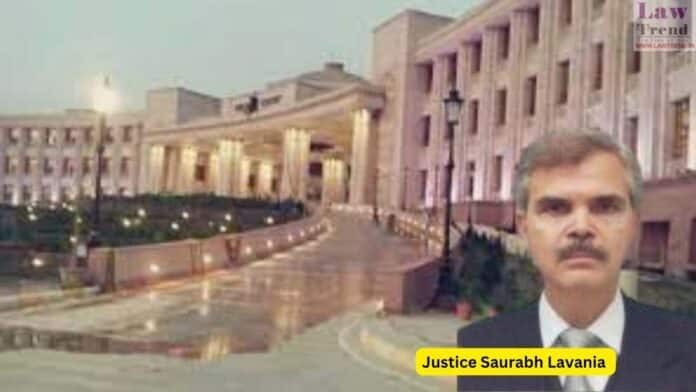In a significant ruling, Justice Saurabh Lavania of the Allahabad High Court has held that the presence of the Investigating Officer (IO) is not mandatory at the stage of framing charges in a criminal case. The decision came while dismissing an application filed by the petitioner Kalavati Devi under Section 482 of the Code of
To Read More Please Subscribe to VIP Membership for Unlimited Access to All the Articles, Download Available Copies of Judgments/Order, Acess to Central/State Bare Acts, Advertisement Free Content, Access to More than 4000 Legal Drafts( Readymade Editable Formats of Suits, Petitions, Writs, Legal Notices, Divorce Petitions, 138 Notices, Bail Applications etc.) in Hindi and English.




